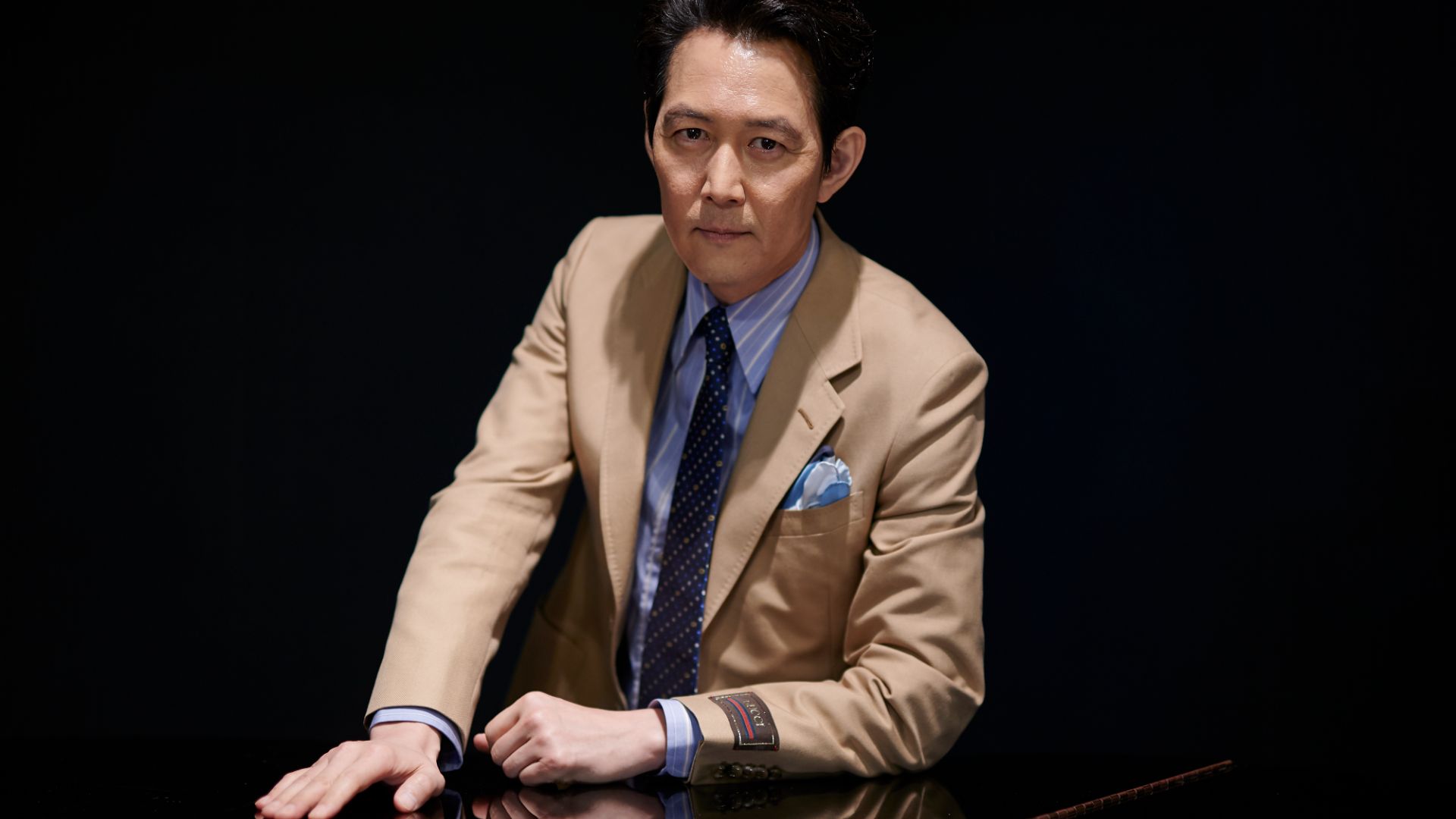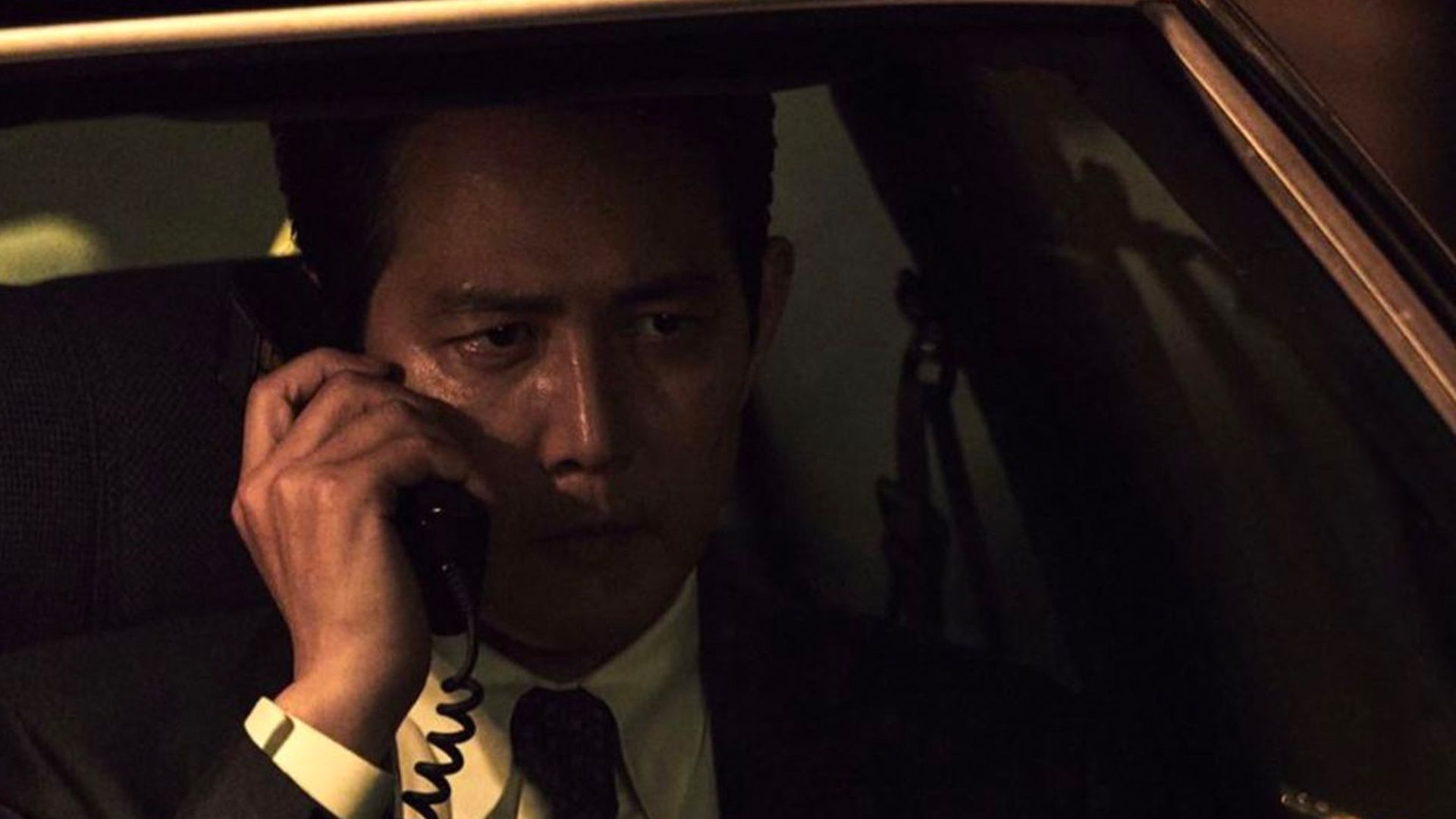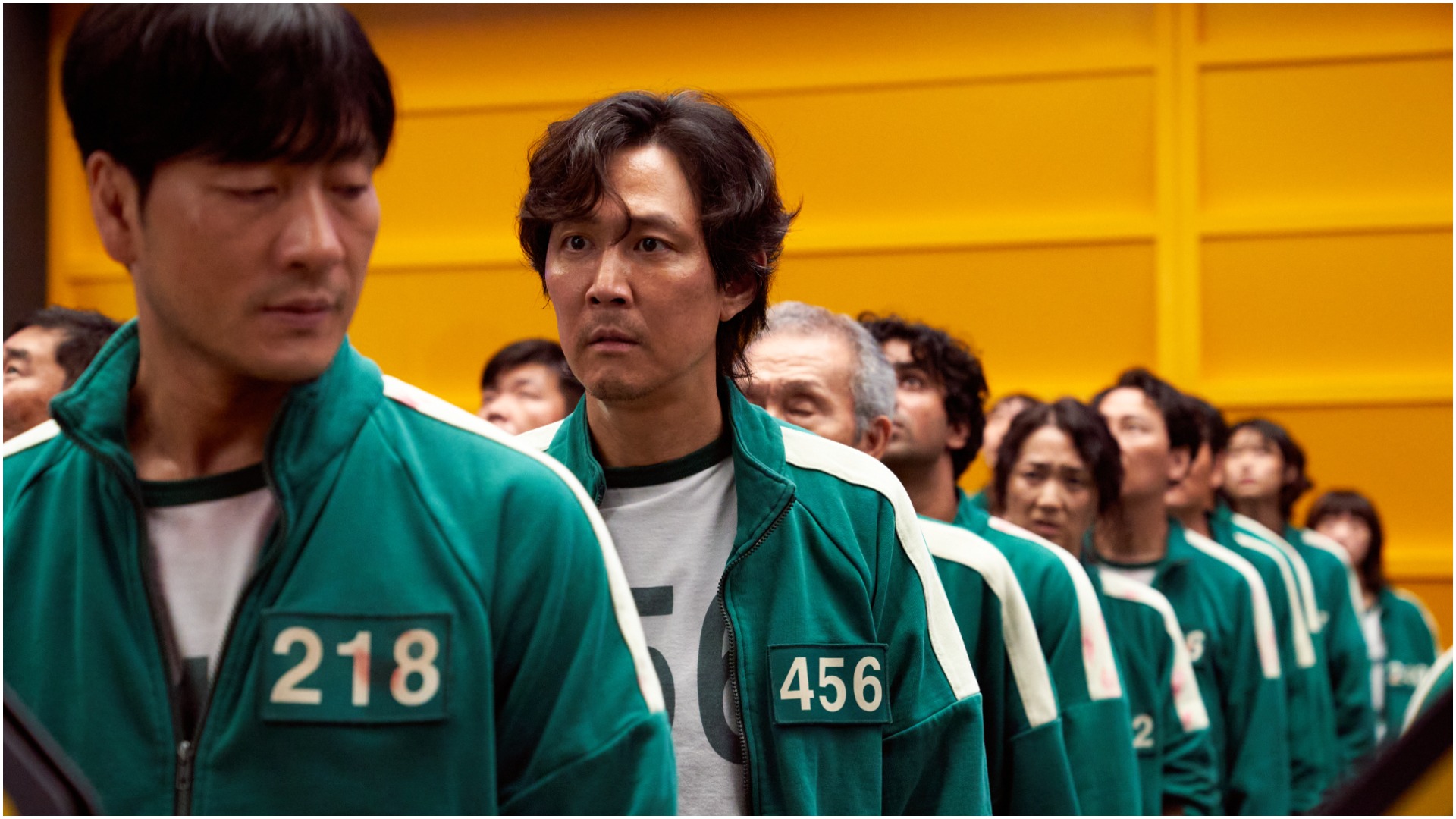Squid Game's Lee Jung-jae talks directorial debut, Hunt, and his dream Spielberg movie
Lee Jung-jae sits down with Total Film to discuss his action-packed new project – and why his next movie's about trash

Lee Jung-jae loves complexity. It’s evident in the stories he chooses to tell, whether playing a man out for revenge on the hitman who killed his brother in Deliver Us from Evil, the erratic Hoon in Palme D'or entry The Housemaid, or, most famously, his leading role in Netflix’s breakout South Korean series Squid Game.
Now, Lee is stepping behind the camera for his directorial debut Hunt, a character-driven espionage thriller that opened the London East Asian Film Festival with an explosion of action and blood. Set in the '80s, the movie sees two Korean Central Intelligence Agency (KCIA) officers, both fiercely wedded to their ideologies, race against time to find a North Korean mole in the government.
Beyond the guns and the violence lies a human story about the cost of politics, and the things we do for what we believe in. "Violence erupts because of the beliefs that people have," he tells Total Film, sitting animated in his chair. "I felt that having KCIA agents deal with information [and misinformation] would be a really good way to express the theme I’m trying to convey in this film. Because they are in fact the ones that mastermind and control all the information."
The movie was a labor of love five years in the making. While a story about the turbulence of ‘80s South Korea – a time of military rule, political polarity, and terror attacks – sounds familiar to the world we live in today, Lee initially struggled to convince anyone to join the project. He met with directors and writers, some of whom thought the script was too hard. In the end, it was "fate" that he would bring the movie to life. "I started working on the script with hope, and once I finished, I realized, ‘I have to direct this’," he explains.
Hunt acts as a bloody, merciless snapshot of an unstable period in South Korea’s history, taking place thirty years after the civil war that fractured the country into north and south. Lee plays one of the KCIA officers, while Beasts Clawing At Straws actor Jung Woo-sung portrays the other. "Fifty per cent of the film is actual events that took place," he says, "and the other fifty per cent hinged on one sentence [in the movie]: ‘We need to stop the violence in order to make a better future’.

"I did a lot of research, and we were able to secure someone who used to work for the KCIA at the time, so we interviewed him numerous times. The former KCIA agent didn’t want to disclose too much, they mentioned little things here and there, so we were able to come up with things that we hadn’t imagined or thought of."
Scriptwriting, like directing, was a new endeavor for Lee. "Writing the script was the most enjoyable part of the process, and also the worst thing when I hit a wall," he laughs. Some of the strategies he used to combat his writing block, such as sitting in a café with the Oscar-winning director of Parasite, Bong Joon-ho, were more fruitful than others.
Bringing all the latest movie news, features, and reviews to your inbox
"Other times, I would drink and try and write through it," he says. "When I looked at it the next morning, I was so ashamed!"
Acting is what he firmly wants to do in the future, and with Squid Game – in which he plays a man who engages in a life-threatening game in order to win money – renewed for another season, he’ll once again be getting stuck into the messy world created by Hwang Dong-hyuk.
Of the show’s international success, he says: "There are many games in Korea, and out of those games, we took very simple games – the simplest games that we used to play as kids. I think maybe because the games were so simple – the rules are very easy to understand – that the series was able to appeal to all audiences regardless of age."

Squid Game is about much more than just the central games. The series explores the relationship between privilege and poverty, and the future of humanity. Lee’s next film, which he’s tentatively working on, will similarly look at these themes. He offers a clue as to what the project may analyze: the crawling underbelly of waste export.
"We’re exporting our trash," he says, his smiling face turning grim. "It’s a very serious issue. There are people who live in countries where they’re getting rid of their trash by exporting it to other countries. There are people living in the countries that are receiving that trash and living with that trash. But if you look at the bottom line, they’re both humans. They’re the same. But the gap is so huge."
South Korea exported over 46 thousand tons of waste to Vietnam in 2021. In the UK, the statistics are just as dire, with more than half of the plastic rubbish the British government says is being recycled sent overseas, according to a Guardian report. Human Rights Watch has even identified the exporting of recycled waste as a potential human rights issue. "It’s going to get worse," Lee adds.
The actor becomes pensive as he contemplates the future; Squid Game and Hunt have proven that his deep thinking has been a great source of creativity. Even when we discuss what his dream project would be, he chooses a story of great importance. "Korean history between the 1930s to the 1960s was very, very tragic," he says, referring to the period leading up to and including the brutal and tragic civil war of 1950-1953 that led to the splintering of Korea.
Such a huge topic would, of course, require somebody who could do it justice. He gives a small smile, but his eyes are serious. "If Mr. Steven Spielberg will make a film about that era, that would be great."
Hunt is in cinemas and available on Altitude.Film in the UK now. For more, check out the most exciting upcoming movies heading your way soon.


